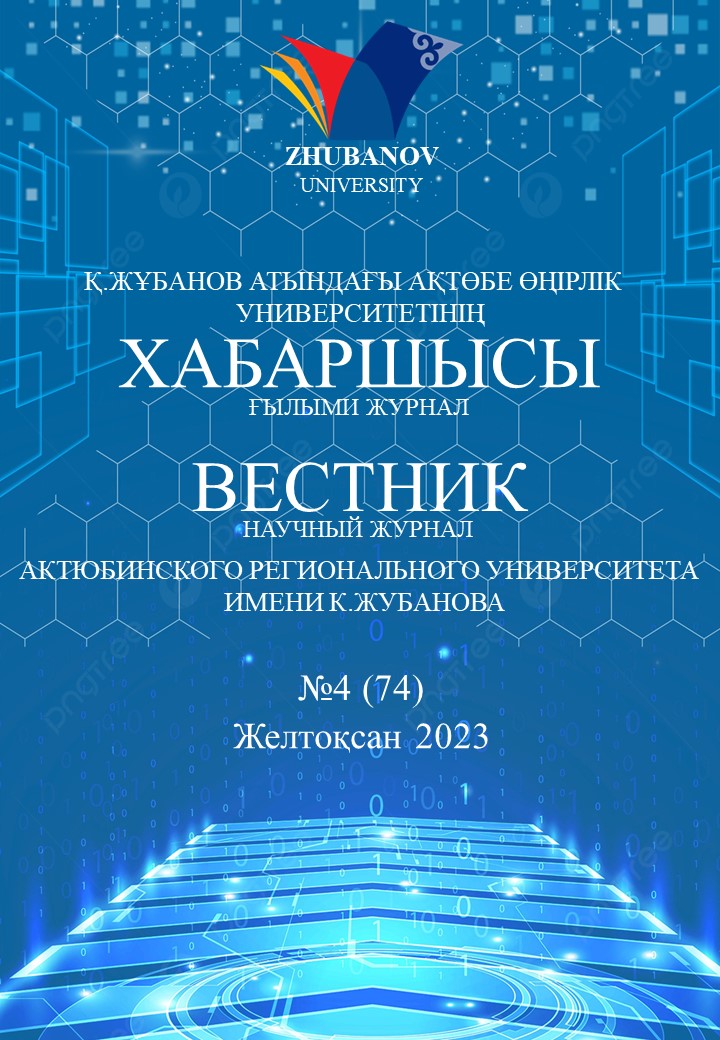Очень важно иметь методологию обучения, чтобы правильно и эффективно использовать новые технологии. Поэтому учитывая эту потребность, актуальность статьи была посвящена подготовке и эффективному применению методики проблемного обучения при изучении школьной географии. Целью учебно-воспитательного процесса является гармоничное формирование и всестороннее развитие личности гражданина, полное раскрытие его творческих способностей, обретение своего "я", своей неповторимости. Он представляет собой совокупность общенаучных знаний, умений и навыков, которые должны не только овладеть определенным, но и стать субъектом жизни. Поэтому сегодня возникает проблема оптимизации и выбора методов обучения, создающих условия для формирования всесторонне развитой личности с осознанным использованием своих знаний и способностей. Одним из способов активизации познавательной деятельности является внедрение проблемного обучения на уроках географии, в том числе краеведения. Проблемные методы обучения гарантируют развитие творческих способностей учащихся, широкое использование краеведческого материала при обучении географии. Цель статьи – разработать методологию проблемной технологии обучения, определить ее эффективность и предложить способы ее применения на уроках географии. В этой статье рассматриваются преимущества и недостатки проблемного обучения и, в том числе, эффективность обучения на уроках географии. Кроме того, в статье показана техника применения проблемного обучения на уроках географии и примерные задания.
- Галеева Р.А., Ипполитова Н.А. Проблемное обичение как фактор повышения эффективности учебной деятельности школьников на уроках географии //География и безопасность жизнедеятельности-традиции и инновации в педагогическом образовании. – 2019. – С. 151-153.
- Бектурганова З. К., Ерекеева А. С. Связьпроблемногообученияс методом активного обучения в средних школах //Интернаука. – 2023. – Т. 4. – С. 32-36.
- Топузов О. М. Реализация проблемного обучения географии в современной общеобразовательной школе //Редакционная коллегия сборника. – 2014. – С. 281-285.
- Гуйдо М. Н. Применение интерактивных методов обучения на примере уроков географии. – 2023.– С. 171-173.
- Zholdasbek, S., & Usenov, N. (2023). Interactive teaching methods in geography lessons.Scientific Collection «InterConf», (168), 54–60. Retrieved from https://archive.interconf.center/index.php/conference-proceeding/article/view/4276[Google Scholar]
- Zainuddin M. The Influence Of Problem-Based Learning Model With Inquiry Approach To Learning Outcomes Of Geography In High School //Pesantren Reviews. – 2023. – Т. 1. – №. 1. – С. 38-43.https://doi.org/10.58330/pr.v1i1.92[GoogleScholar]
- Андиева Ю. Р. Трудности применения технологии проектной деятельности в процессе обучения географии //Материалы пула научно-практических конференций. – 2023. – С. 696-699.
- Гаимназаров О., Агафонов А., Саидов Ж.Современная технология проблемного обучения //Евразийский журнал технологий и инноваций. – 2023. – Т. 1. – №. 6. – С. 94-99.
- Суслов В. Г. Приёмы интерактивного обучения на современном уроке географии // С56. – 2023. – С. 79-84.
- Садыкова Б. Б. География пәнін оқытуда оқушылардың зерттеушілік дағдыларын қалыптастырудың инновациялық әдістері мен технологиялары//Вестник университета Ясави. – 2023. – Т. 2. – №. 128. – С. 301-313.
- Ситаров В. А. Проблемное обучение как одно из направлений современных технологий обучения //Знание. Понимание. Умение. – 2009. – №. 1. – С. 148-157.

